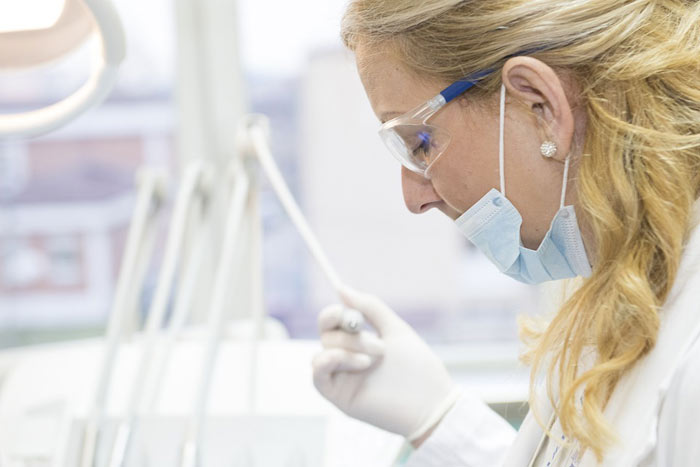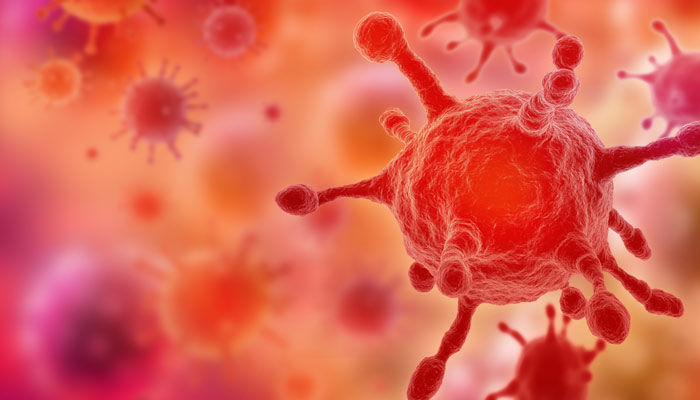You cannot but have heard that Covid-19, or coronavirus, is raging around taking lives and threatening businesses. Everything you want to know about it and how it can affect your life is in this article.
What is it exactly?
The virus that generated the outbreak is a previously not-heard-of variety of coronavirus – the viruses of this family are passed from animals to people. According to the World Health Organisation, this particular coronavirus gave rise to a pandemic.
What symptoms can help diagnoze the cases of coronavirus?
The information released by the WHO states that Covid-19 cases display a dry cough, accompanied by fever. In some cases can be observed sore throat, a runny nose or nasal congestion, diarrhoea. Also there can be a feeling of tiredness, pains. With approximately 80% of those infected the disease can be rather mild, like a common cold, and can pass off by itself after a while.

Yet, every sixth infected person can take it bad. Those whose health grew delicate with age, people with weakened immune system, chronic respiratory diseases, diabetes, cardiac problems, run the risk of falling ill with complications.
Britain’s National Health Service (NHS) lists the following symptoms that may be indicative of a Covid-19 infection:
- a high temperature
- shortness of breath
- headaches
- a new continuous dry cough
The infection being viral, it doesn’t yield to antibiotic treatment. The medicines used against flu are not effective, and so far no vaccine is available. Your immune system makes the best protection against the threat.
What are the ways the virus spreads?
The Covid-19 virus is suspected to have risen from the animal kingdom, but now it is people who keep spreading it around. A person is likely to spread the virus to those who find themselves within the distance of 6 feet or so, contained in droplets which are ejected when the infected individual sneezes or coughs. Some of the infected droplets may land on nearby objects, people can get the virus if they touch the object and proceed to touch their face, especially the mouth or the nose. This is not the common way for Covid-19 spreading, but people shouldn’t disregard this possibility.
Does Covid-19 threaten the U.S. population?
It does. Some parts of the country already register the spread of the virus. Those who brush shoulders with many people during the day, or those recently returned from the infected areas and may have had close contacts with Covid-19 carriers, form a high-risk group. Their family members also run a high degree of risk.

What severe complications can be expected?
In worst cases patients can develop two-lung pneumonia, malfunction of various organs, which can result in dying.
What protective measures can I take?
Everyone can easily protect their health by performing regular preventive motions.
Stay away from people who cough or sneeze.
If you haven’t washed your hands, don’t touch your mouth, nose, or eyes.
As often as you can wash your hands for about half a minute. Use plenty of soap. If you don’t have soap at hand, choose a hand sanitizer with 60% and more alcohol content.
What vaccine can fight Covoid-19?
For the time being there is no existing vaccine to suppress the virus. You cannot do much beyond performing your hygienic motions diligently and carefully avoiding being near people who can be affected by the pandemic.

How can the condition be treated?
No treatment to obliterate the virus exists so far. Individuals infected with Coivd-19 can rely on symptom relievers only.
If I run a temperature or am racked by cough, should I see the doctor?
Not necessarily. Britain’s NHS believes that the best idea is just to stay home for a week for those who are single, and a fortnight for family persons (so that you and yours won‘t go passing the virus around). It is sound advice for both those who returned from journeys abroad and those who never left their city.

Be sure to check a trusted Internet resource to keep tabs on what is going on in the world and in your place. Keep an eye on your condition – if the symptoms persist for more than a week, or they grow worse, call in medical help. It is only those who get to hospital who undergo tests for the presence of the virus.
Now there is a tendency on part of the countries to smother traveling and introduce lock-downs with a view of penning the infection in. See what the local government recommends and what medical service you can rely on.











